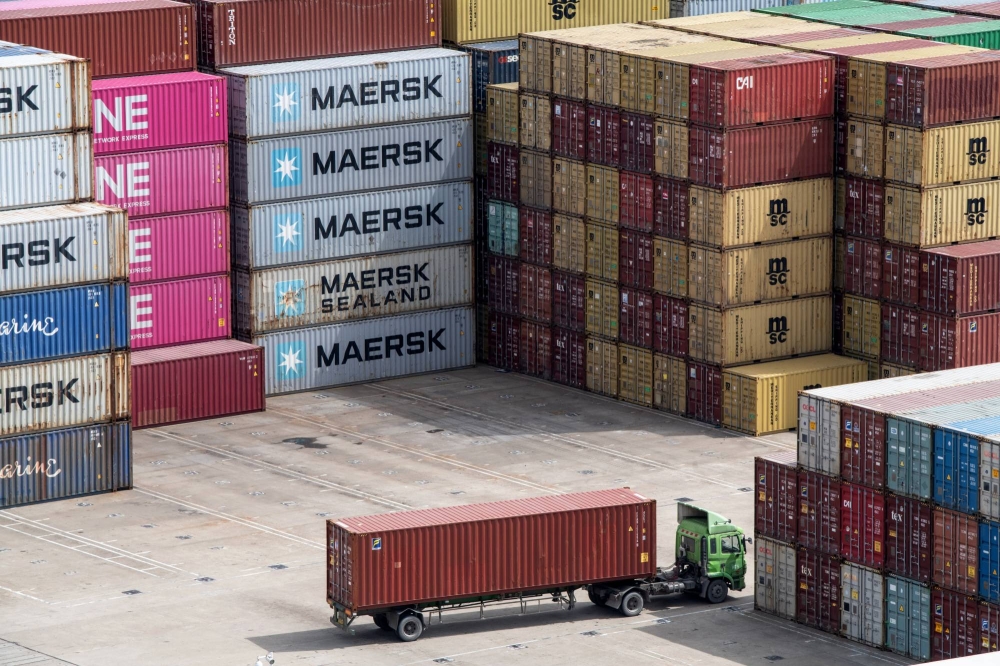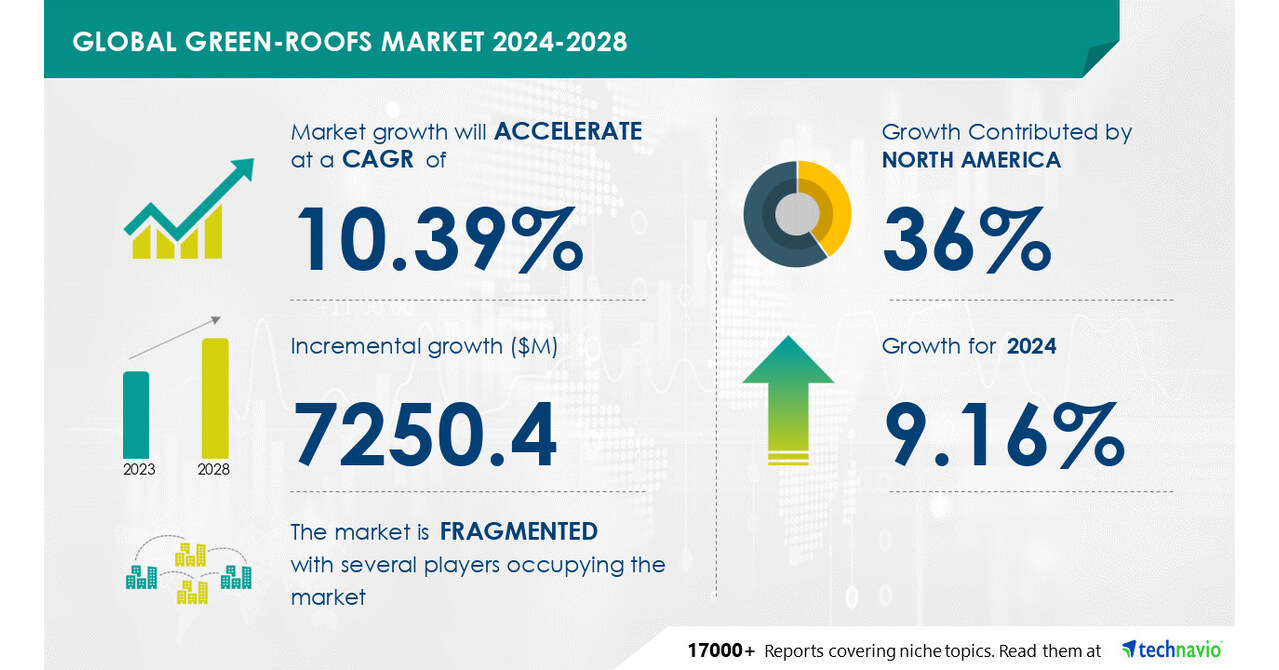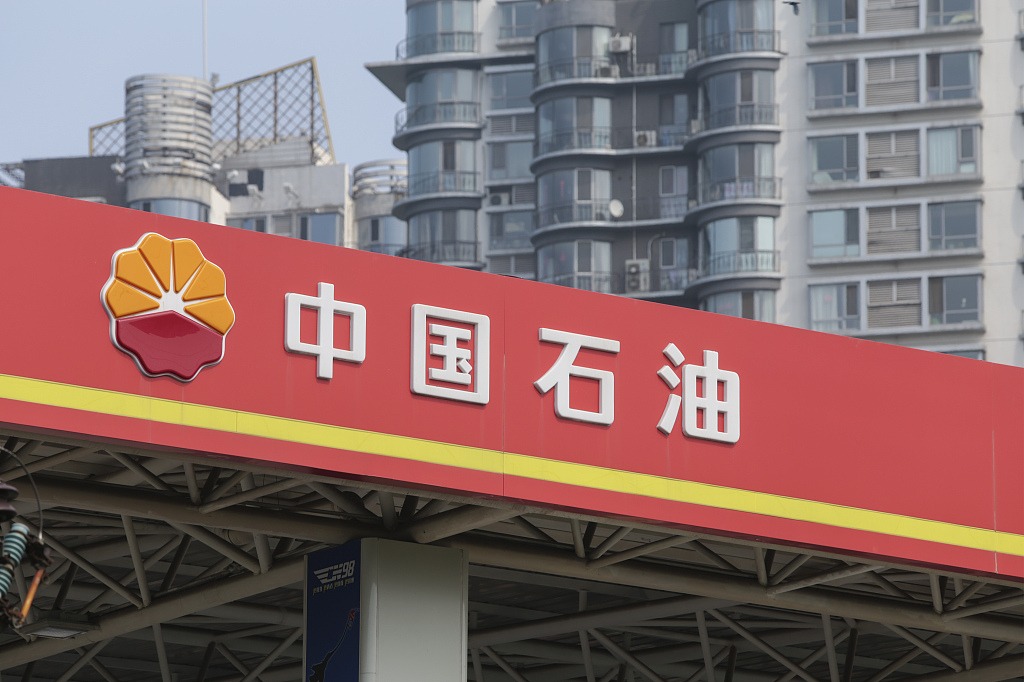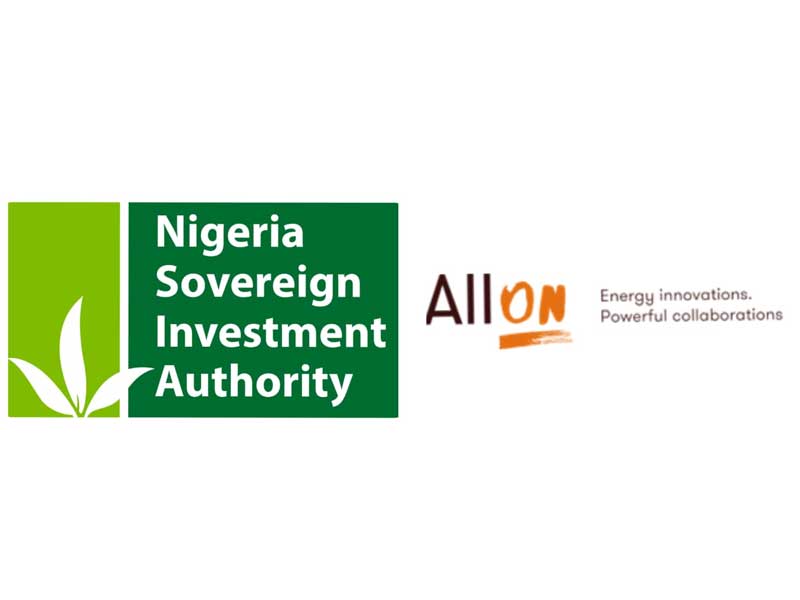Historical Investments in Solar Energy
For over half a century, concerns about oil shortages and climate change have driven governments to invest in alternative energy sources. In the 1970s, President Jimmy Carter installed solar panels on the White House roof, symbolizing a commitment to solar energy. Japan followed in the 1990s with homeowner subsidies for photovoltaic panels, and Germany introduced a program in the 2000s guaranteeing profitable returns for solar energy adopters.
China’s Dominance in Clean Energy
China has far outpaced these efforts. In 2022, China accounted for 85% of global clean-energy manufacturing investment, according to the International Energy Agency. Wealthy nations like the United States and Europe are now trying to catch up, investing heavily in domestic companies and blocking Chinese products. Last year, China’s share of new clean-energy factory investment dropped to 75%.
China’s industrial dominance stems from decades of using a one-party state to manage government and banking, fostering intense competition among private companies. Its vast production of solar panels and electric vehicles is supported by prior investments in the chemical, steel, battery, and electronics industries, as well as significant infrastructure investments in rail lines, ports, and highways.
From 2017-2019, China spent 1.7% of its GDP on industrial support, more than double any other country, as analyzed by the Center for Strategic and International Studies. This spending included low-cost loans from state-controlled banks and cheap land from provincial governments, with minimal expectations for immediate profits. These efforts have enabled China to flood global markets with affordable electric cars, solar cells, and lithium batteries.
Western Response and Industrial Policy Shift
In response, President Joe Biden and European leaders are pushing to develop their manufacturing capacity in advanced technologies such as semiconductors, electric vehicles, and batteries. They aim to learn from China’s industrial strategies. Jennifer Harris, former Biden aide and head of the Economy and Society Initiative at the William and Flora Hewlett Foundation, noted that China’s rise demonstrates the power of national industrial policy.
Despite recognizing China’s industrial policy success, Western leaders criticize China for alleged illegal practices, including subsidizing excess production and intellectual property theft. Biden recently announced tariffs up to 100% on Chinese green technologies, aiming to limit China’s influence in America. European officials are expected to follow suit.
These moves represent a significant shift from the previously favored ideology of open markets and minimal government intervention. During the 1980s, policies initiated by Ronald Reagan dismantled many government interventions in energy markets. Solar panels installed during Carter’s administration were removed, and the U.S. relied on other countries for key components, an approach now viewed as a strategic error.
Industrial Policy and Economic Security
China’s extensive industrial policy has allowed it to control over 80% of global solar panel production. Economies of scale have played a crucial role in this dominance. Gregory Nemet, a public policy professor at the University of Wisconsin, emphasized that China’s willingness to endure losses from overcapacity investments contributed to its market position.
The U.S. and Europe are now adopting similar tactics to nurture their industries. However, they also aim to protect their markets from low-cost Chinese imports. This new approach marks a departure from past economic strategies, with a focus on building resilient domestic industries in critical sectors.
Treasury Secretary Janet Yellen recently highlighted the need for coordination among nations to address industrial overcapacity, stressing the importance of presenting a united front against China’s dominance.
In summary, China’s substantial investments in solar energy and related technologies have positioned it as a global leader in clean energy. Western nations are now aggressively pursuing similar strategies to compete in the rapidly evolving energy market.
Source:japantimes.co.jp





